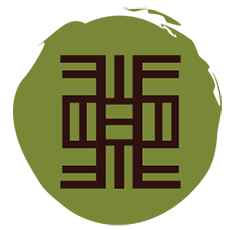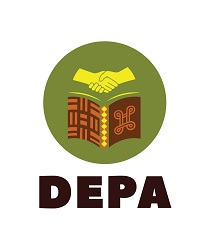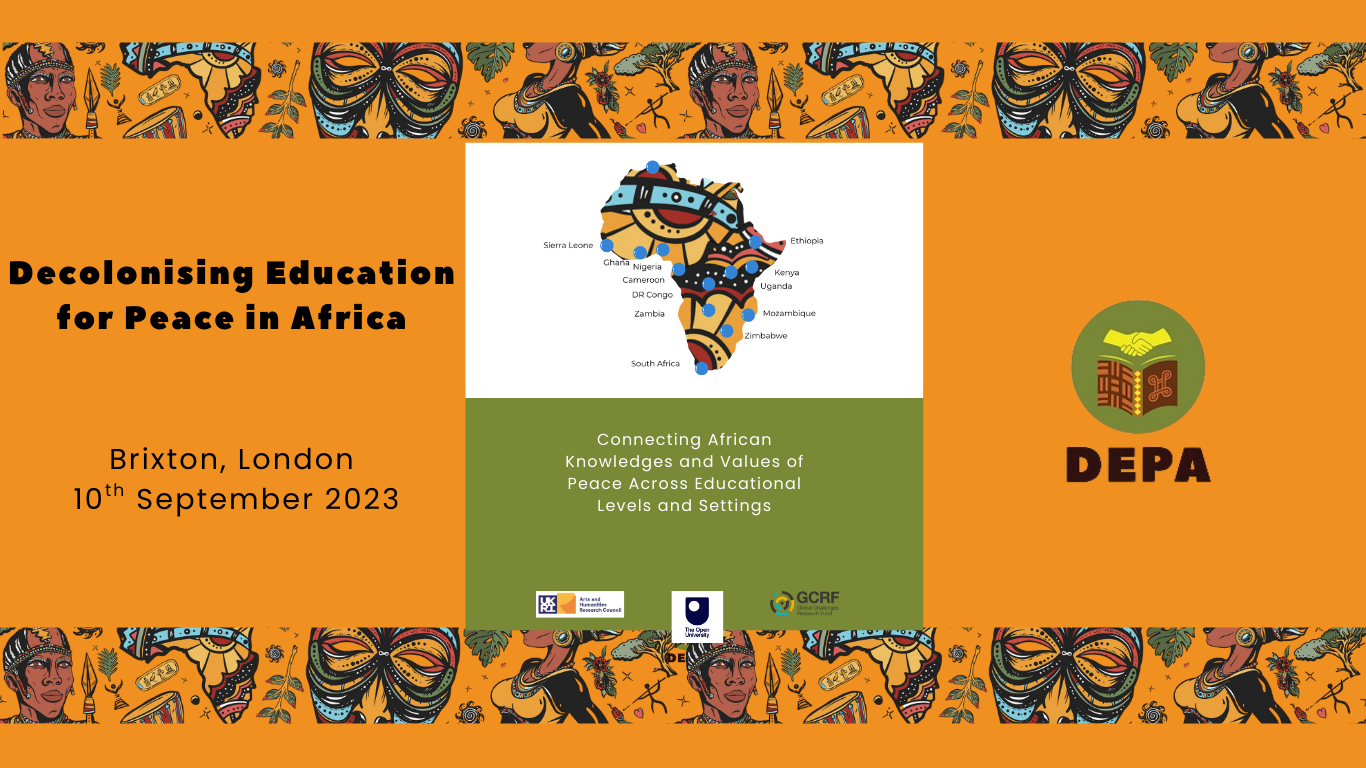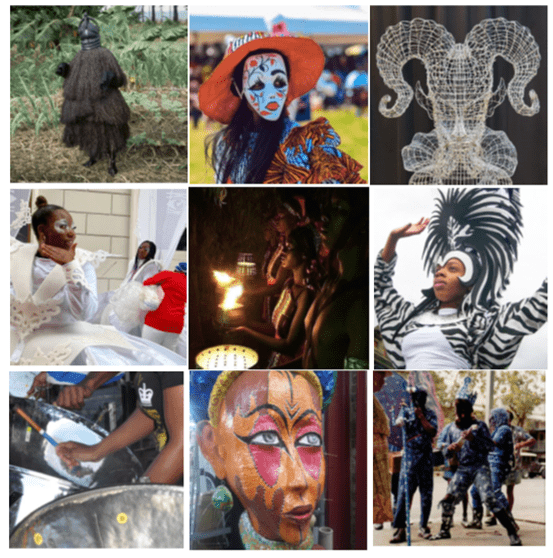What are the different knowledges and values that underpin peace in Africa?
How can these practices be connected and compared across countries to decolonise African peace education?
The Decolonising Education for Peace in Africa (DEPA) project answers these questions using Arts and Humanities methodologies and, for the first time, provides new data on how peace is understood within displaced and marginalised communities across the continent.
State-of-the-art knowledge has been gathered by connecting researchers with artists and activists, educators, community workers and communities that have experienced conflict across Africa - to create curriculum content for both informal and formal settings, as well as Secondary and Higher Education (HE).

About DEPA
Learn more about the aims of the Decolonising of Peace Education in Africa (DEPA) project.

Country Projects
Projects across 14 African countries have created a network to enable local knowledges and values of peace, which is being incorporated into peace education and training.

Networked Research
DEPA widens access to quality peace education by bringing together multidisciplinary international partners and using participatory design to drive the work forward.

Additional Projects
Projects that use additional funding sources to extend the scope and reach of the main initiative.

Resources
The DEPA project has created a broad range of materials and resources, from photographs, videos, theatre productions, and exhibitions to policy briefs, country reports and educational outputs, such as Open Educational Resources (OER).












